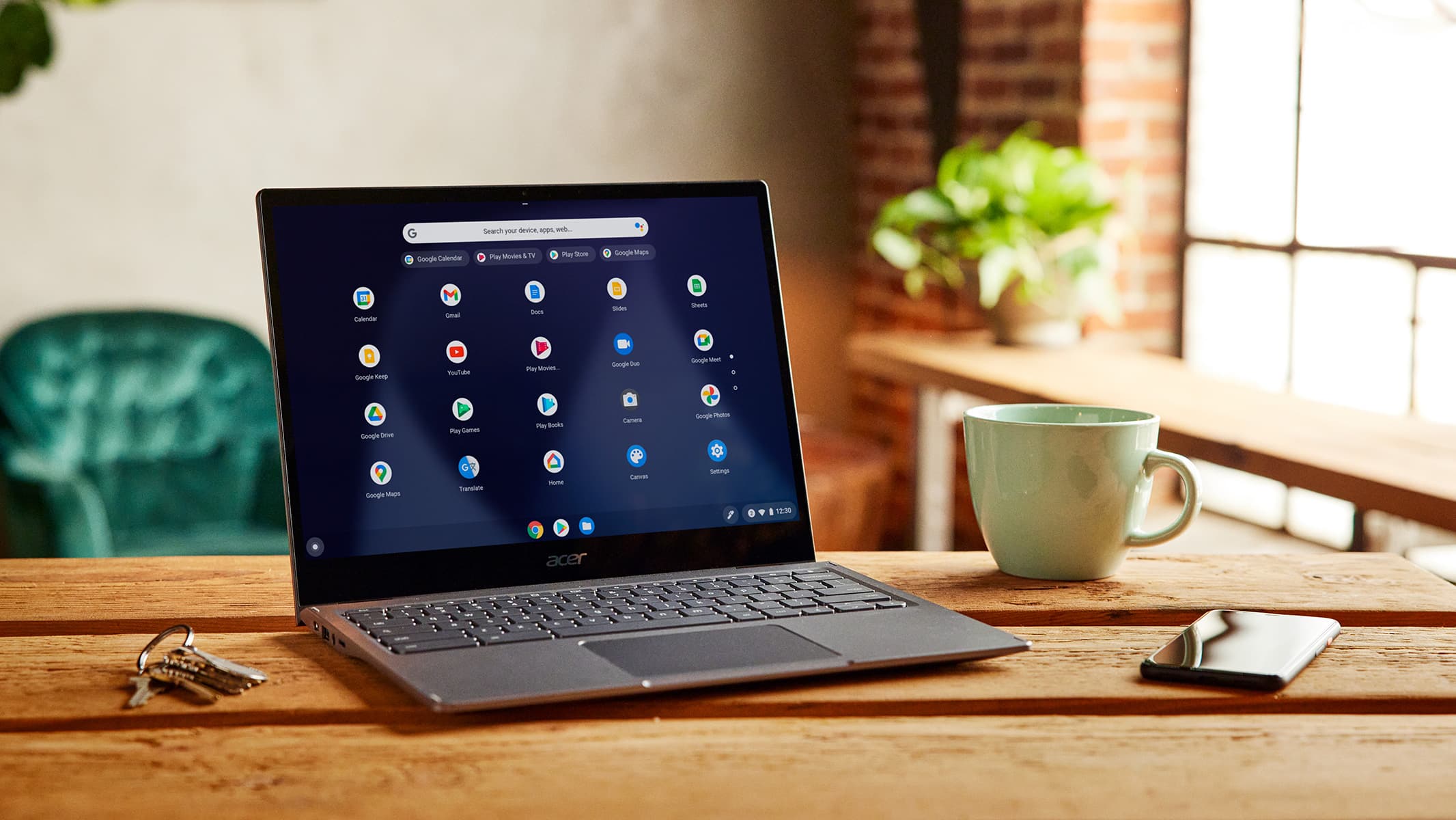Google, same as Microsoft or Apple aims to make money on your data. A VPN won’t be able to stop the company from collecting data when you use your Chromebook, but surely it can prevent it from seeing what you do online. A VPN on any device can prevent anyone from seeing what you do online.
Chromebooks are not expensive, easy to use, usually lightweight, fully functional and have pretty good battery life. Work great for school and work. However, Chromebook users may have some privacy concerns.
Since browsing data is a fair game by ISPs, marketers and big companies, it’s up to us to protect our it. And a VPN is an effective way to protect sensitive browsing data.
VPN support for Chromebooks
Chromebooks support VPNs. Chrome operating system supports three main types of VPN connections:
- L2TP over IPSec with PSK,
- L2TP over IPSec with certificate-based authentication,
- OpenVPN.
When talking about a Chromebook, your options for launching and running a VPN are to use:
- browser extension,
- an app,
- VPN client.
While all three will work, the best option is an app or a VPN client because they protect all traffic from the device, not just specific browser traffic. Most VPN services have their own client that will run on Chrome OS, among other things.
If you still prefer browser extention, you can manually configure the Chrome to use an L2TP connection. Otherwise, it is simple to install a VPN client or an app to do the hard work for you.
Will a VPN slow down my Chromebook?
If you are not using a free VPN, it shouldn’t slow down your Internet connection too much. In addition to VPN provider, you also need to consider the distance of the server you are connecting to from your device location. For example, if you’re in Europe and you’re connecting to a server in the United States, you may notice a slightly higher latency than if you’re connecting to a server in Europe.
Pros of using a VPN on Chromebook
If you connect your Chromebook to public Wi-Fi networks, you are vulnerable to hacking, phishing and other attacks that can intercept and steal your data. Passwords, bank details and other sensitive data can be stolen if your traffic is not encrypted. Even if you use a Chromebook at home, you are still not safe from data leaks.
A VPN routes traffic through an encrypted, invisible tunnel. If hackers intercept your private data, they won’t be able to use it because the encryption makes the data unreadable. What’s more, your ISP, other trackers or the government won’t be able to see what you’re doing online.
And of course, a VPN can help you bypass geo blockage. Connect to a server in another country and unblock restricted content.

